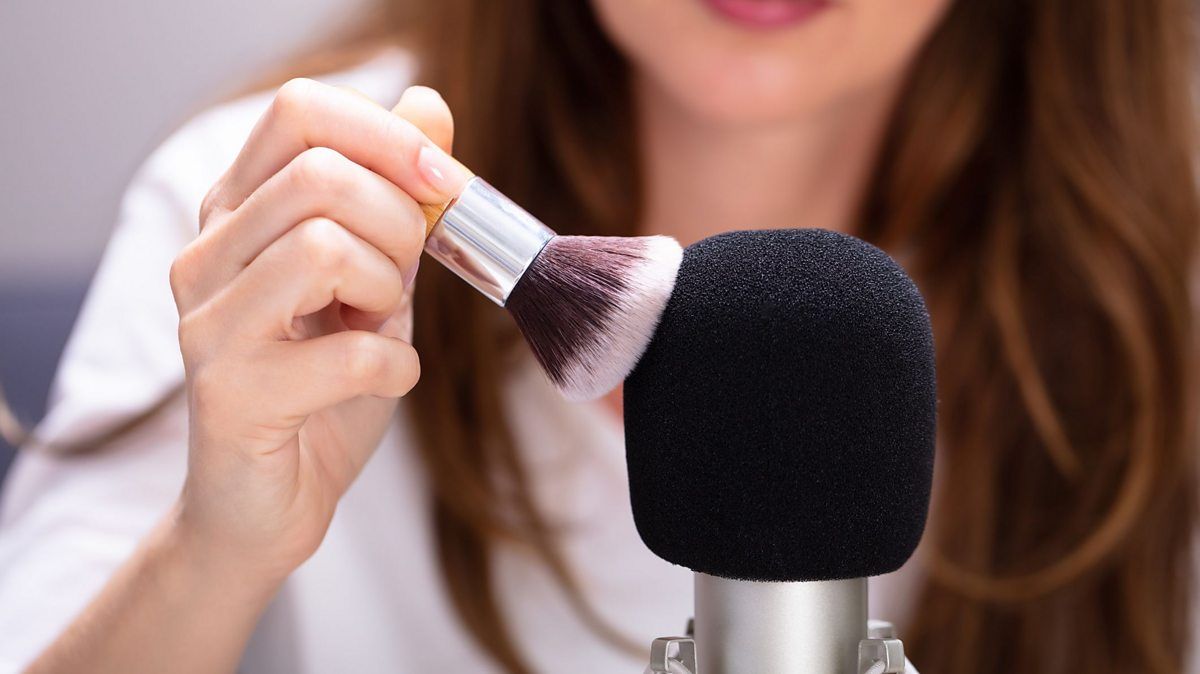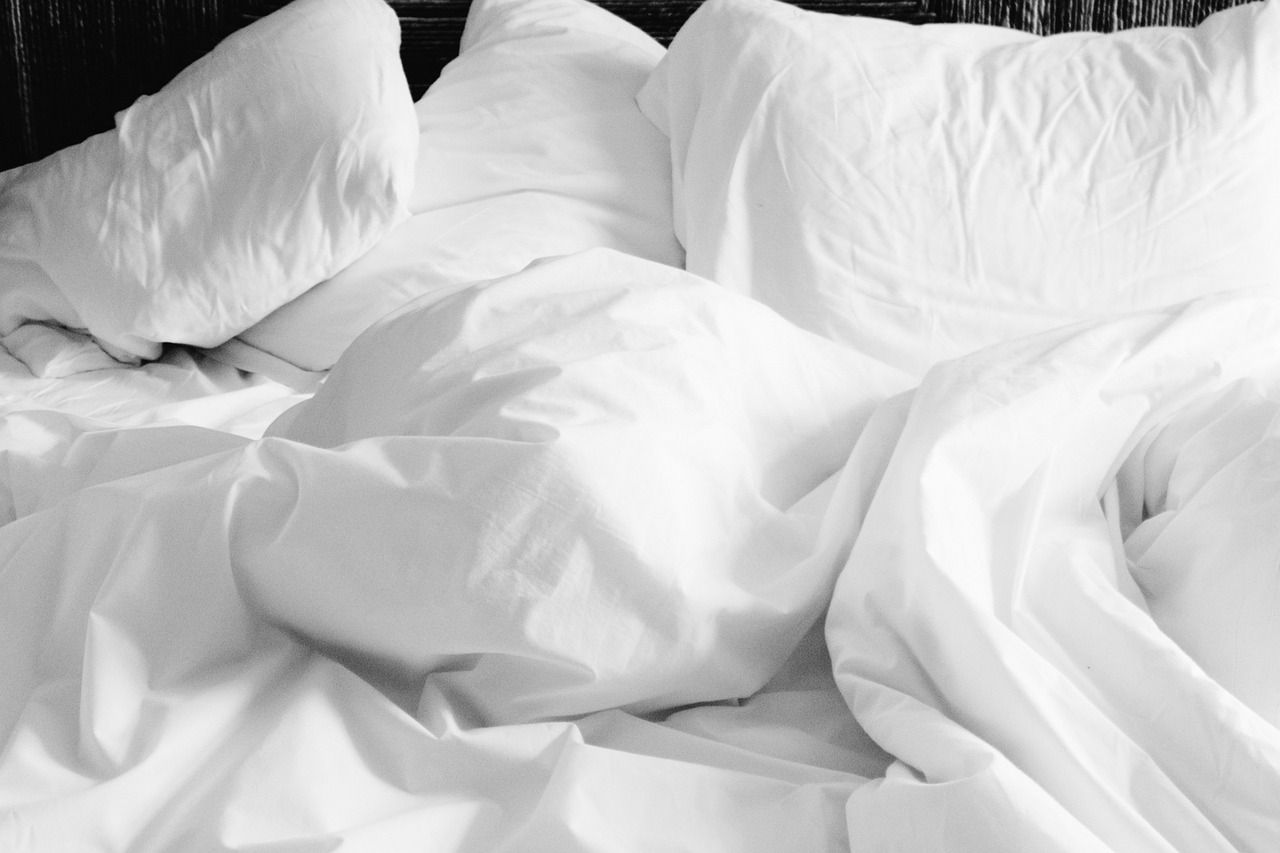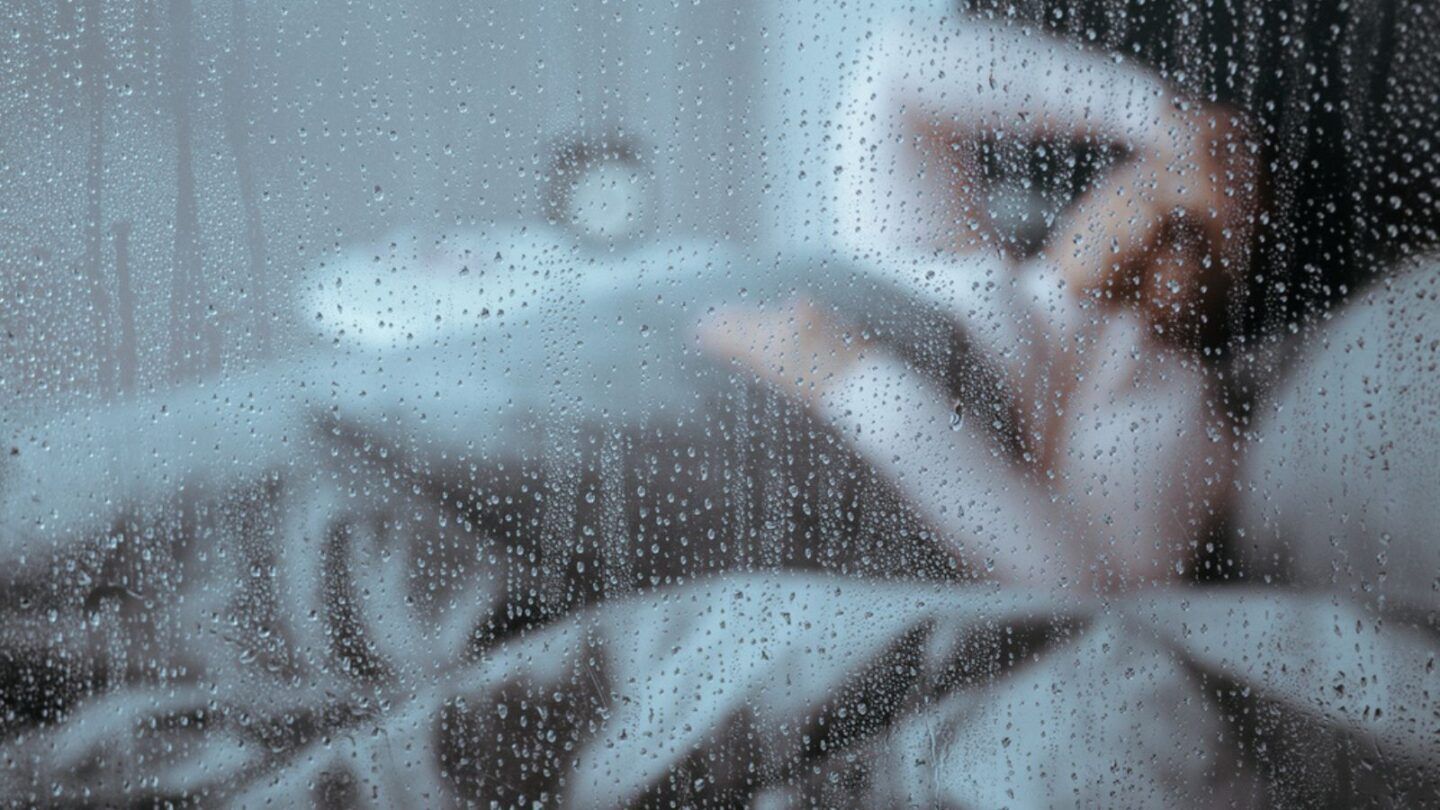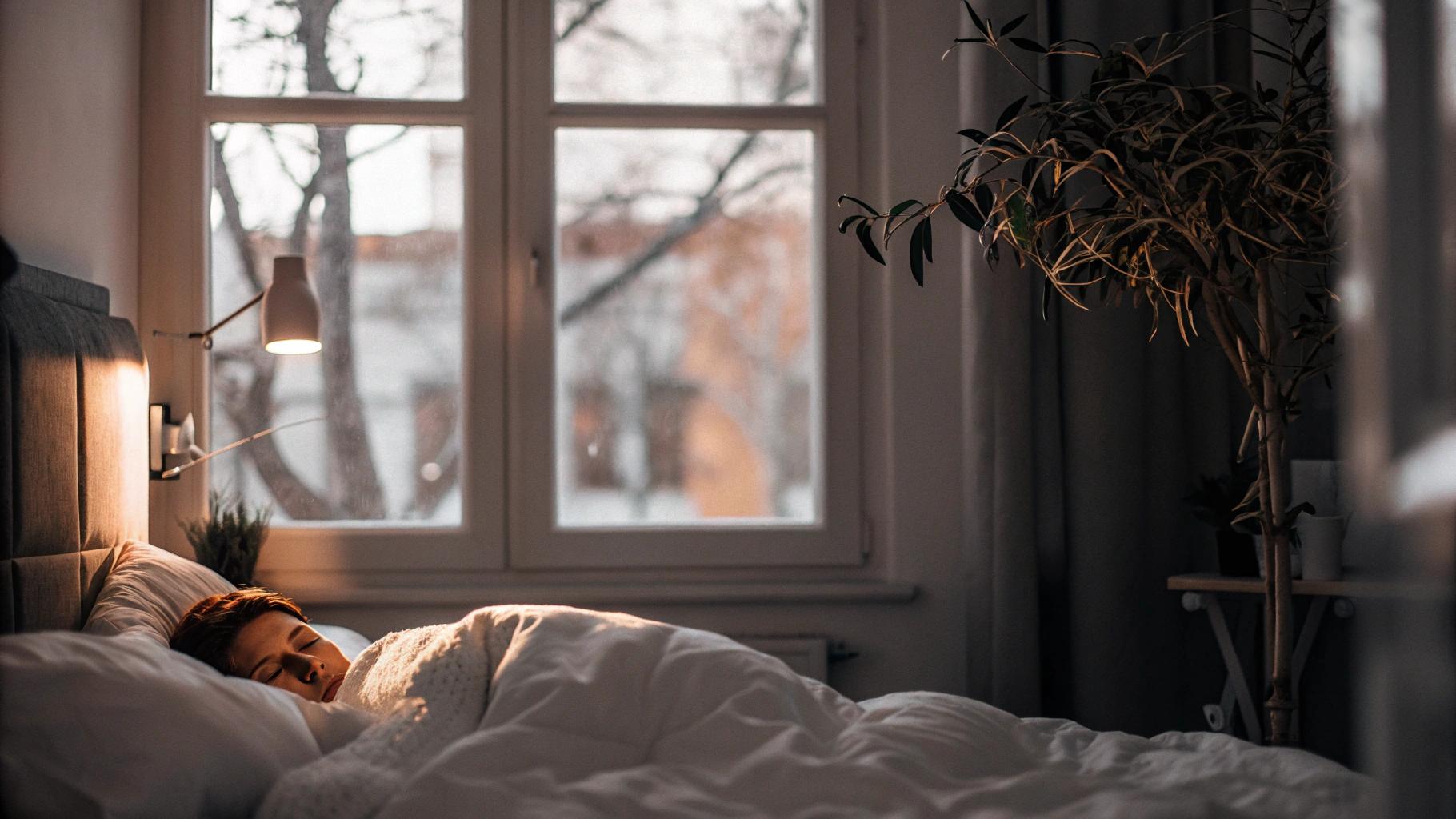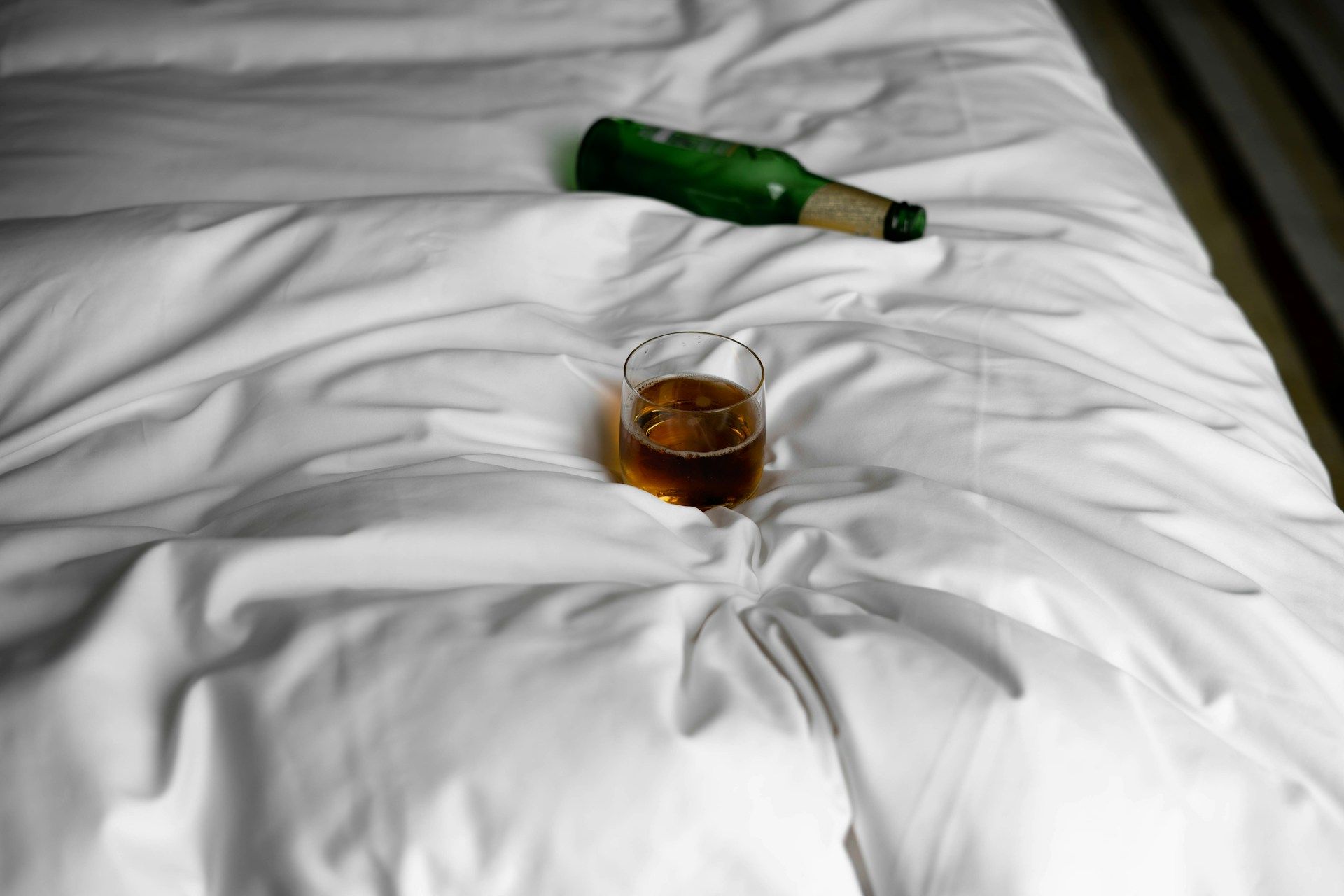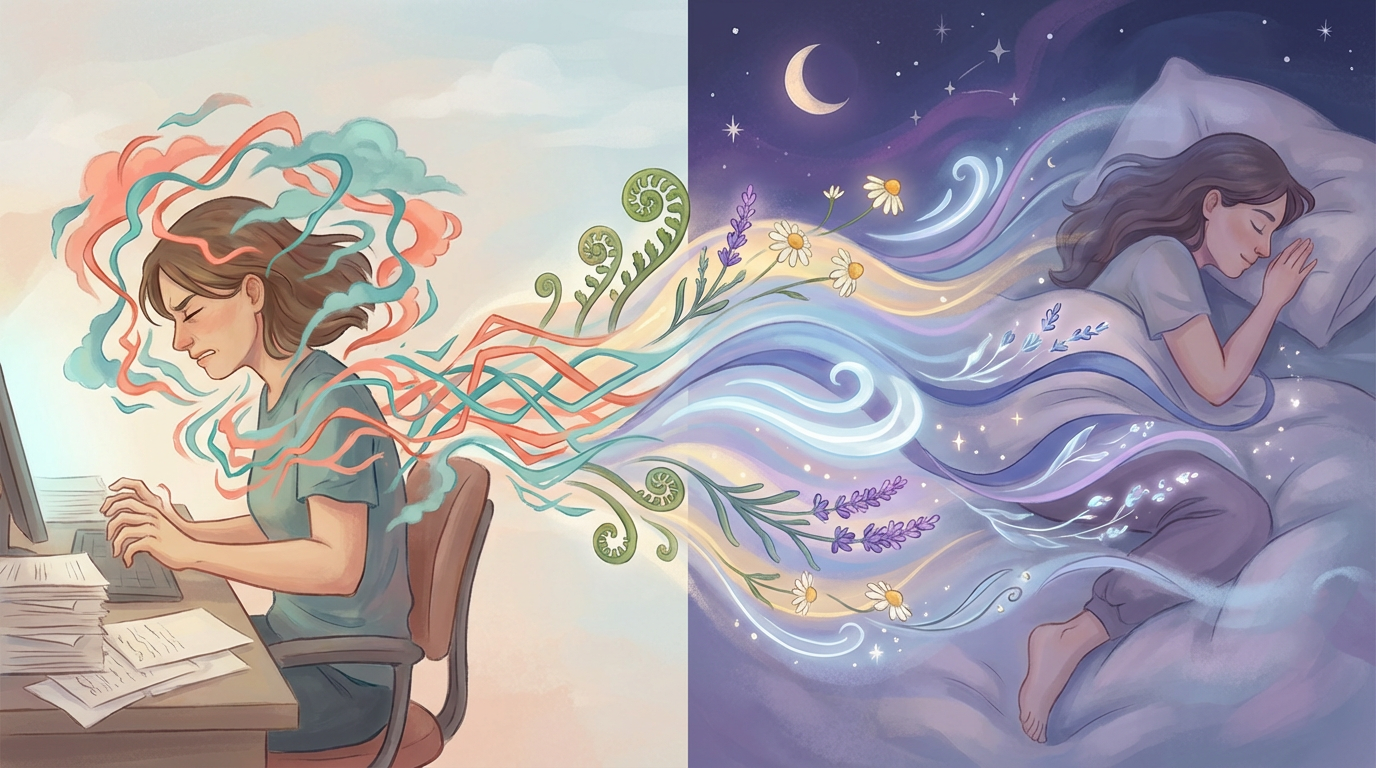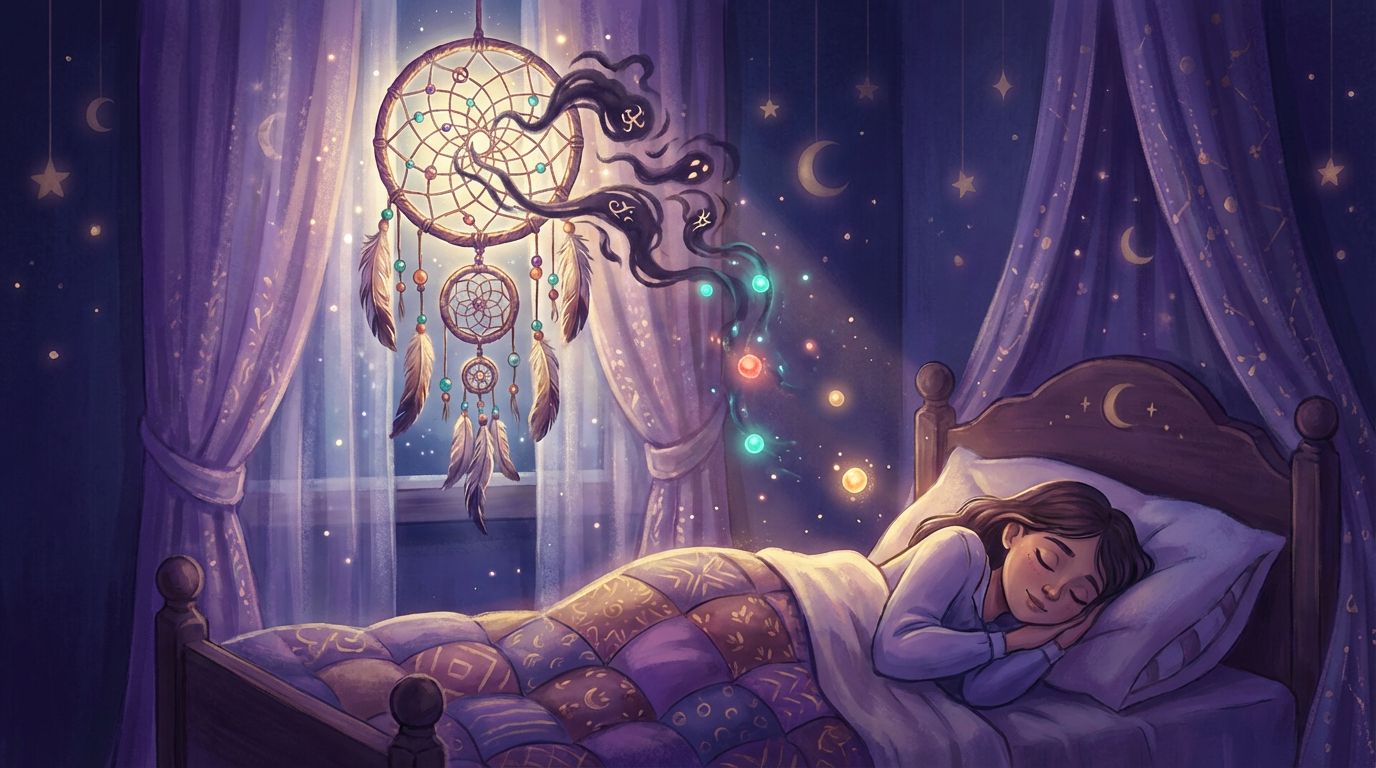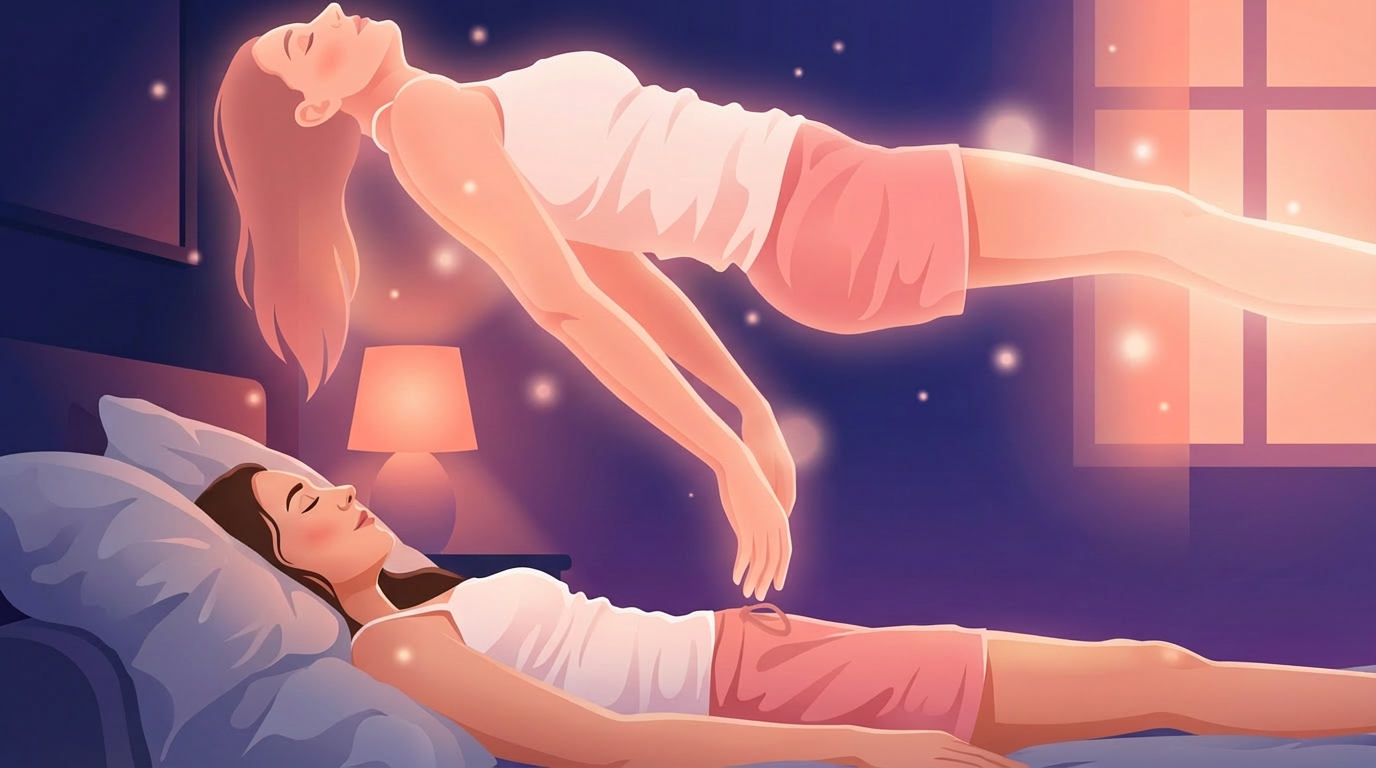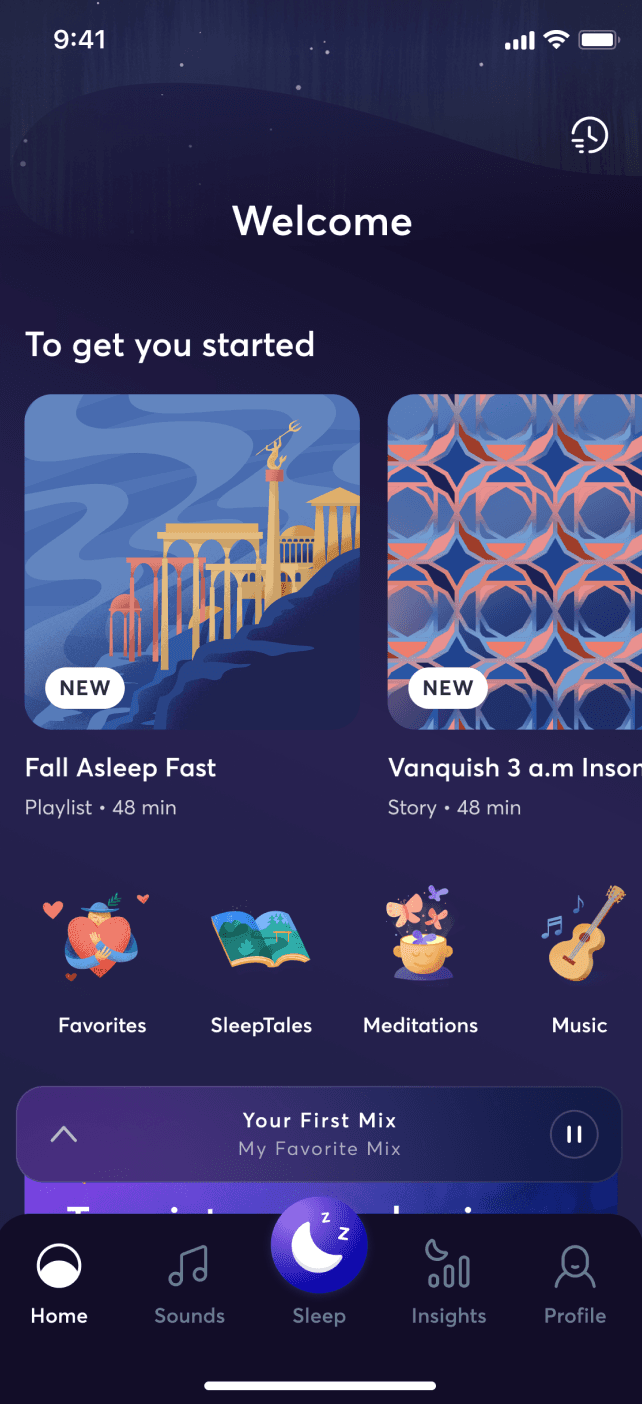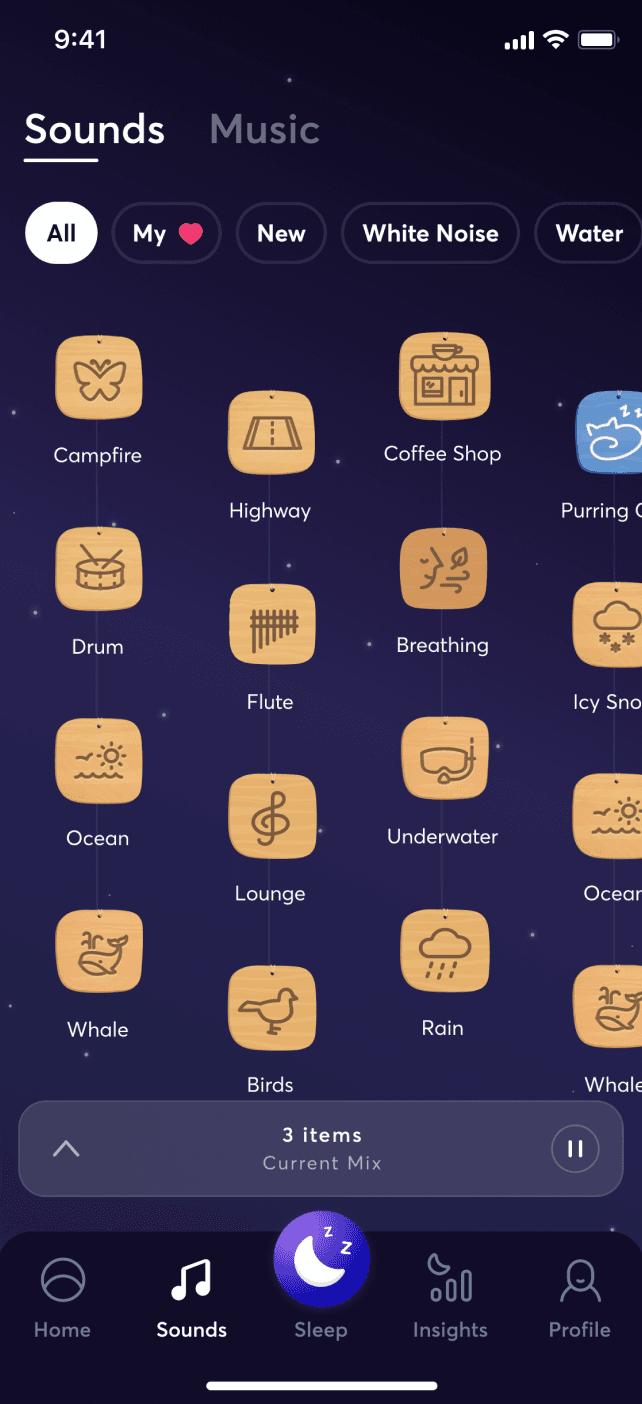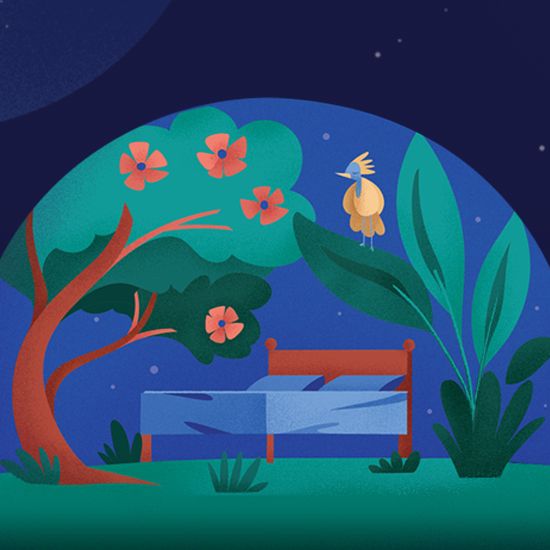
How Much Sleep Do You Actually Need?
Sleep is essential for health and well-being, helping us to feel rested and focused throughout the day. While you sleep soundly through the night, your body and brain are hard at work, processing your previous day, and preparing for what’s ahead. Sleep is the time our brains and bodies recharge so we can think clearly, stay positive, and fight off germs.
But how much sleep should you get each night for the most benefits?
One “size” does not fit all
The optimal amount of sleep for a person depends on his or her age.
Young children need the most sleep, with that time decreasing gradually as they get older. Adolescents need between 9 and 11 hours of sleep to function well. Although sleep needs differ from person to person, experts typically recommend that adults require between 7 and 9 hours each night.
The Goldilocks Principle: Not too little, not too much -- just right!
Optimal sleep duration means getting just the right amount of sleep each night. Getting either too little or too much sleep is associated with negative health outcomes.
Insufficient sleep is harmful. Consequences of chronic sleep deprivation include high blood pressure, diabetes, heart problems, obesity, depression, impaired immunity, lower sex drive, inattention, poor memory, emotional reactivity, and poor decision making (to name just a few!).
Too frequently, we focus exclusively on the negative effects of too little sleep and overlook an important fact—beyond a certain point, longer sleep is also harmful.
As sleep duration increases, our performance and health improve, but only up to a certain threshold. Beyond this, our performance and health deteriorate. For example, adults who sleep fewer than 6 hours or more than 9 hours have higher rates of mortality, while those who sleep ~7 hours show the lowest mortality rate.


Your “magic number”: Finding your sleep sweet spot
How can you find the amount of rest that is just right for you? To answer this question, you need a calculator, a pen, and several nights.
- First, write down the number of hours you slept each night for four weeknights in a row. Add up the four numbers, and divide the total result by 4. This gives you your regular sleep duration during a typical week.
- Next, for two nights (ideally on the weekend or before mornings without time commitments), go to bed when you are sleepy, and let your body wake up naturally with no alarm. Doing this will “even out” your sleep debt – any sleep your body needed but did not get -- and bring you back to a sleep baseline.
- After catching up on your sleep debt, go to bed when you are sleepy and wake up with no alarm again. Do this for two to four nights and write down the number of hours you get on each of these nights. Then add up the amount you slept each night, and divide the result by the number of nights.
- This final number is your “magic number” - the amount of hours you should aim to sleep each night.
Are you sleep deprived, or do you oversleep?
Is your regular sleep duration shorter than your magic number?
- If the answer is YES –you are sleep deprived.
Is your regular sleep duration longer than your magic number?
- If the answer is YES - you tend to oversleep.


Natural ways to achieve sleep balance
- Prioritizing sleep, reducing screen time, avoiding caffeine close to bedtime and setting consistent sleep & wake times can help you get better sleep.
- If you over-sleep due to alcohol consumption or medications, cutting back may help. However, never stop any prescribed medicine unless instructed to do so by your doctor.
- Exercising regularly and making your bedroom a comfortable environment are achievable ways to encourage your body to get the correct amount of sleep.
- See your primary care provider for a checkup if you are not feeling rested, even after getting enough sleep. You might be oversleeping because of an underlying medical condition or sleep disorder.
Remember, sleep is essential for your well-being. Finding the right amount of rest for your needs is an empowering step on the journey to good health.
“The amount of sleep required by the average person is five minutes more.” — Wilson Mizener
Author Bio
Reut Gruber is a scientist, psychologist and sleep expert. She is an associate professor in the department of psychiatry at McGill University and director of the Attention, Behaviour and Sleep lab at the Douglas Mental Health University Institute; Diplomate of the American Academy of Cognitive Therapy (ACT) USA; Licensed Psychologist, l’Ordre des Psychologues du Québec (OPQ), QC, Canada

